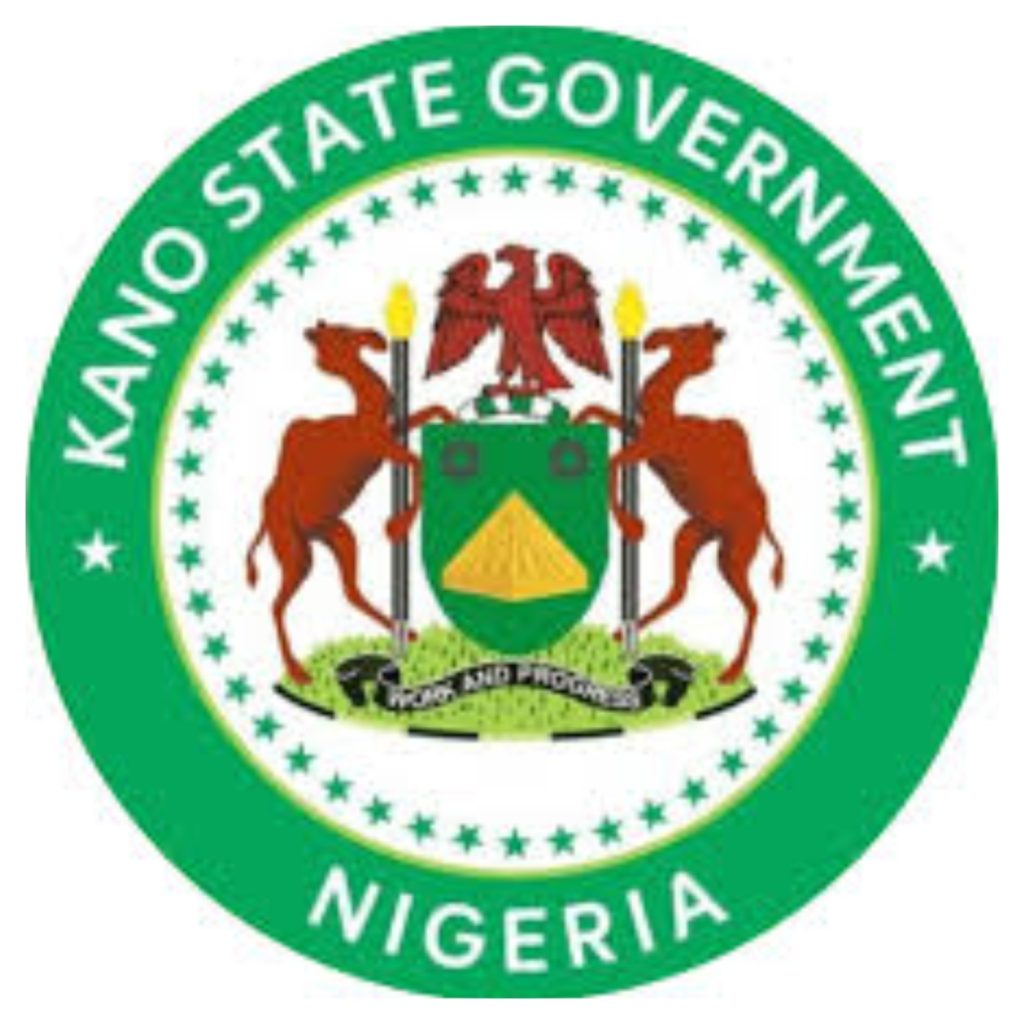Uganda’s United Boda Boda Riders Union has launched a nationwide initiative to distribute 2,000 electric motorcycles, aiming to reduce carbon emissions and expand access to affordable transport for low-income earners. The program, which kicked off with a high-turnout event at Kampala’s Namanve Industrial Area, offers riders a path to ownership through a structured payment plan while addressing longstanding financial and environmental challenges in the country’s motorcycle taxi sector.
To participate, riders must pay an initial deposit of 100,000 Ugandan shillings (approximately $27) and commit to weekly installments of 66,000 shillings ($18) over two years. The initiative specifically targets economically vulnerable drivers, many of whom have struggled to secure loans from traditional lenders due to stringent collateral requirements and high interest rates. Fred Senoga, the Union’s Managing Director, stated the goal is to eventually provide one million electric bikes nationwide, calling it a “dual solution” for poverty alleviation and environmental preservation.
Infrastructure development is central to the rollout. Over 700 charging stations will be installed along major transit corridors to ease concerns about electric vehicle (EV) accessibility, a critical hurdle in Uganda’s transition to cleaner energy. Riders must also register via a dedicated mobile app, which streamlines service delivery and enables real-time monitoring of motorcycle usage and maintenance needs.
Frank Mawejje, Chairman of the Union, emphasized the urgency of adopting greener alternatives in urban areas like Kampala, where air pollution and fossil fuel dependence remain pressing issues. “This isn’t just about innovation—it’s a necessity for public health and environmental survival,” he said during the launch. The motorcycles’ integrated GPS tracking systems, he added, will enhance rider safety by deterring theft and aiding in recovery efforts, addressing widespread security concerns in the industry.
For drivers like Deo Mutebi, a boda boda rider from Mukono district, the program represents a breakthrough. “Before, lenders asked for land titles we didn’t have and charged rates we couldn’t afford,” he explained. “This model gives us a fair chance.” The Union’s approach contrasts sharply with past practices, where ownership was often out of reach for those without property or formal credit histories.
The initiative aligns with broader efforts to modernize Uganda’s transportation network, which relies heavily on motorcycle taxis for daily commutes and goods delivery. By combining affordability, sustainability, and technology, the project could set a precedent for other African nations grappling with similar economic and environmental challenges. As EV adoption gains momentum globally, Uganda’s focus on inclusive access highlights the potential for green transitions to drive social equity alongside ecological benefits.



